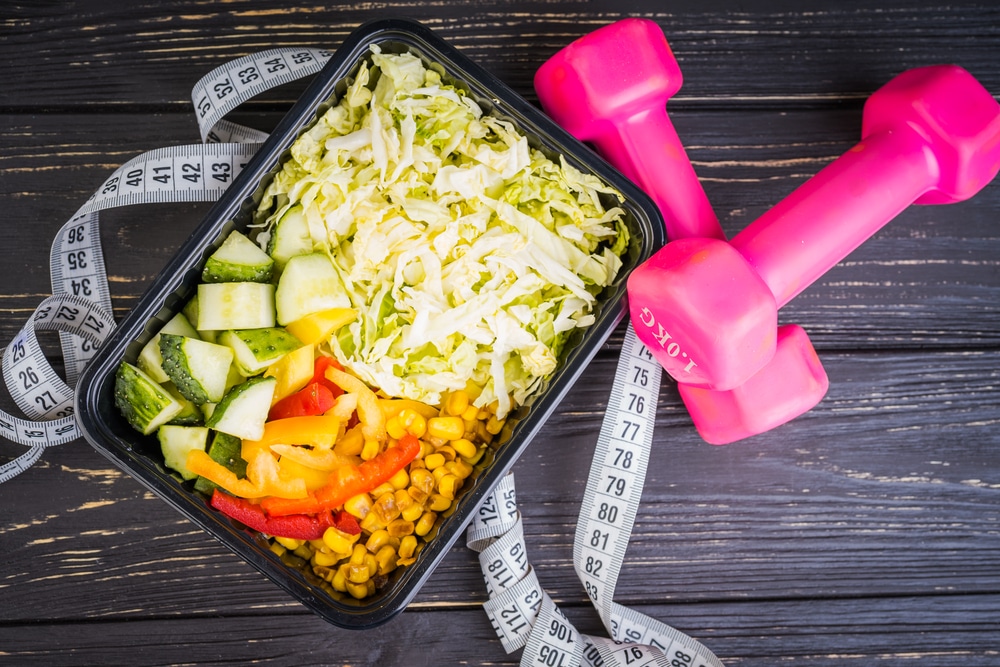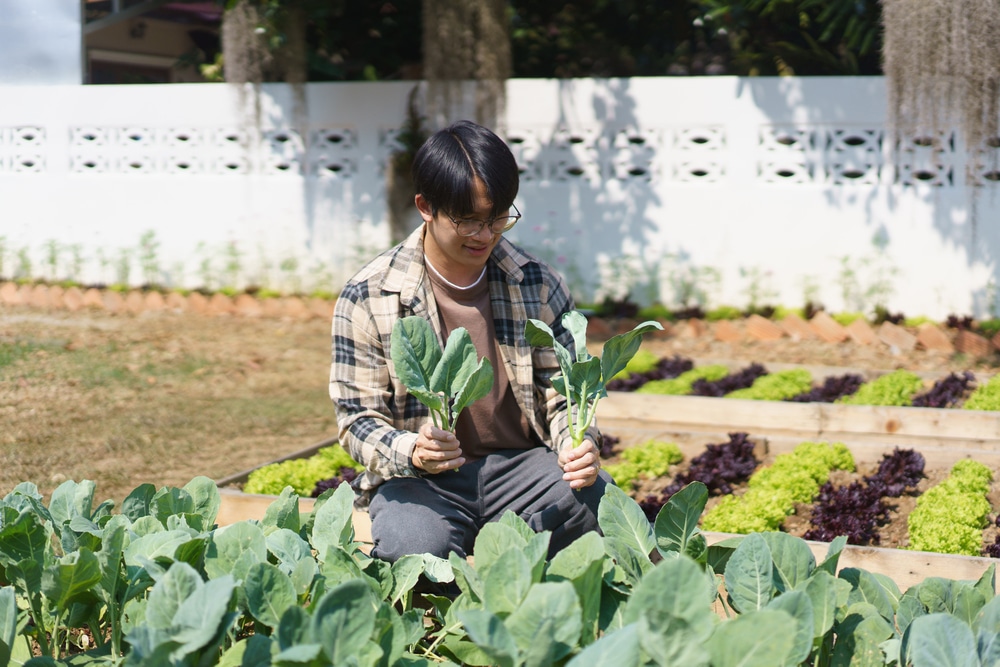19 Tips to Build a Sustainable Lifestyle
Building a sustainable lifestyle doesn’t mean giving up comfort or convenience. It’s about making small, thoughtful choices that benefit the planet and your well-being. From reducing waste to choosing eco-friendly alternatives, these habits can make a big difference over time. Here are 19 practical tips to help you live sustainably without feeling overwhelmed.
1. Reduce Single-Use Plastics

Single-use plastics like straws, bags, and bottles contribute heavily to pollution. Swap them out for reusable alternatives like stainless steel straws, cloth bags, and durable water bottles. These small changes not only reduce waste but can also save you money in the long run.
2. Shop Locally

Buying from local farmers and businesses supports your community and reduces the environmental impact of transporting goods. Locally grown produce is often fresher and requires less packaging. Check out nearby farmers’ markets or small shops for unique, eco-friendly options.
3. Practice Energy Efficiency

Cutting back on energy use is one of the easiest ways to be more sustainable. Turn off lights and unplug devices when not in use, and switch to energy-efficient light bulbs. Simple adjustments, like using natural light during the day, can lower your electricity bills and your carbon footprint.
4. Choose Sustainable Fashion

Fast fashion creates massive waste and pollution. Look for sustainable brands, buy secondhand, or repair clothing instead of throwing it out. Capsule wardrobes—a minimal, versatile collection of clothing—can also simplify your life while reducing waste.
Follow us for more of these articles.
5. Use Reusable Grocery Bags

Plastic grocery bags are a major environmental hazard. Bring your own cloth or reusable bags when you shop. Keep a few in your car or purse so you’re always prepared. Reusable bags are sturdier and can be used for years.
6. Compost Food Waste

Instead of tossing food scraps in the trash, start composting. Composting turns organic waste into nutrient-rich soil for your garden or plants. Even if you don’t garden, composting keeps food waste out of landfills where it would otherwise produce harmful methane gas.
Follow us for more of these articles.
7. Ditch Bottled Water

Plastic water bottles are convenient but wasteful. Invest in a high-quality reusable bottle and a water filter if needed. This simple switch can save hundreds of plastic bottles from ending up in landfills every year.
8. Buy in Bulk

Purchasing items in bulk reduces the need for extra packaging and can save money. Bring your own containers to zero-waste stores or bulk sections in grocery stores for items like grains, nuts, and spices. This minimizes waste while keeping your pantry stocked.
Follow us for more of these articles.
9. Eat Less Meat

The meat industry is one of the largest contributors to greenhouse gas emissions. Cutting back on meat, even a few days a week, can make a big difference. Explore plant-based meals or try “Meatless Mondays” to reduce your environmental impact.
10. Switch to Renewable Energy

If possible, consider installing solar panels or choosing a green energy provider. Renewable energy reduces your reliance on fossil fuels and helps combat climate change. Even small steps, like using solar-powered chargers, can contribute to a more sustainable lifestyle.
Follow us for more of these articles.
11. Use Eco-Friendly Cleaning Products

Traditional cleaning products often contain harmful chemicals that pollute water and harm wildlife. Switch to eco-friendly brands or make your own cleaners using natural ingredients like vinegar and baking soda. These options are safer for your home and the environment.
12. Recycle Properly

Recycling is great, but only if done correctly. Take time to learn your local recycling guidelines to avoid contaminating recycling bins. Rinse out containers, separate materials, and avoid “wish-cycling” (putting non-recyclables in the bin, hoping they’ll be recycled).
Follow us for more of these articles.
13. Opt for Digital Receipts

Paper receipts might seem small, but they add up to tons of waste each year. Many stores now offer digital receipts via email or text. Choosing this option reduces paper waste and keeps your wallet clutter-free.
14. Support Sustainable Companies

Research brands and businesses to see if they prioritize sustainability. Choose products from companies that use ethical practices, eco-friendly materials, or carbon-neutral shipping. Supporting these businesses encourages others to follow suit.
Follow us for more of these articles.
15. Drive Less

Cars are a major source of greenhouse gas emissions. Whenever possible, walk, bike, carpool, or use public transportation. If driving is necessary, try combining errands into one trip to reduce fuel usage.
16. Use Water Wisely

Water conservation is a critical part of sustainability. Fix leaky faucets, turn off the tap while brushing your teeth, and use water-efficient appliances. Collecting rainwater for outdoor use is another great way to cut down on water waste.
Follow us for more of these articles.
17. Embrace Minimalism

Living with less can help you save money and reduce waste. Focus on quality over quantity and buy only what you truly need. Decluttering your space can also lead to a clearer mind and a more sustainable lifestyle.
18. Grow Your Own Food

Even a small herb garden on your windowsill can make a difference. Growing your own produce reduces the need for packaging and transportation. Plus, it’s a rewarding and budget-friendly way to enjoy fresh, organic food.
Follow us for more of these articles.
19. Educate and Inspire Others

Sustainability is more impactful when shared. Talk to friends and family about your efforts and encourage them to join. Share tips, resources, or even host events like clothing swaps to spread awareness. Together, small actions can create big change.
Like our content? Be sure to follow us!






